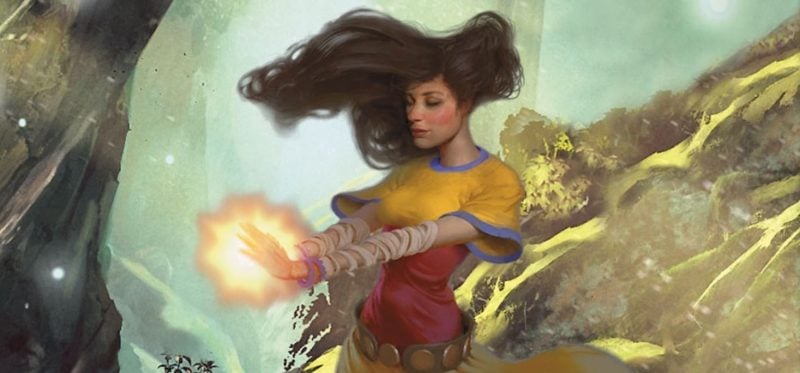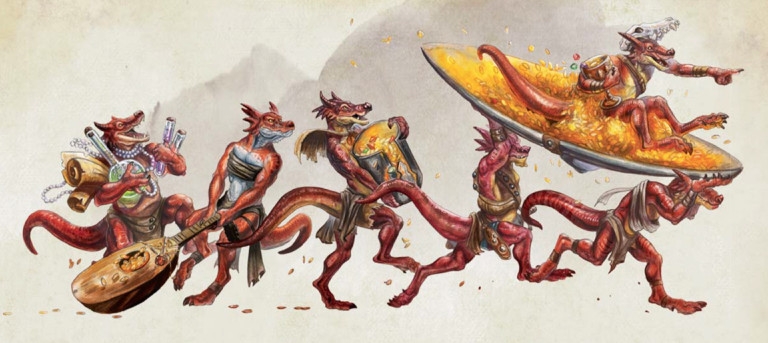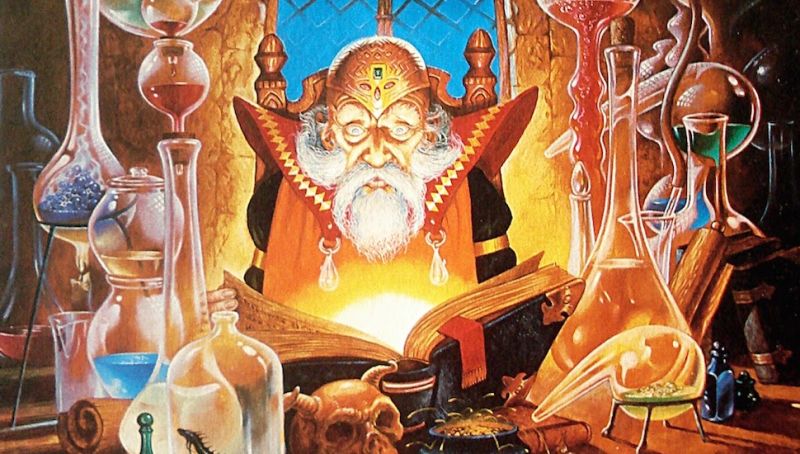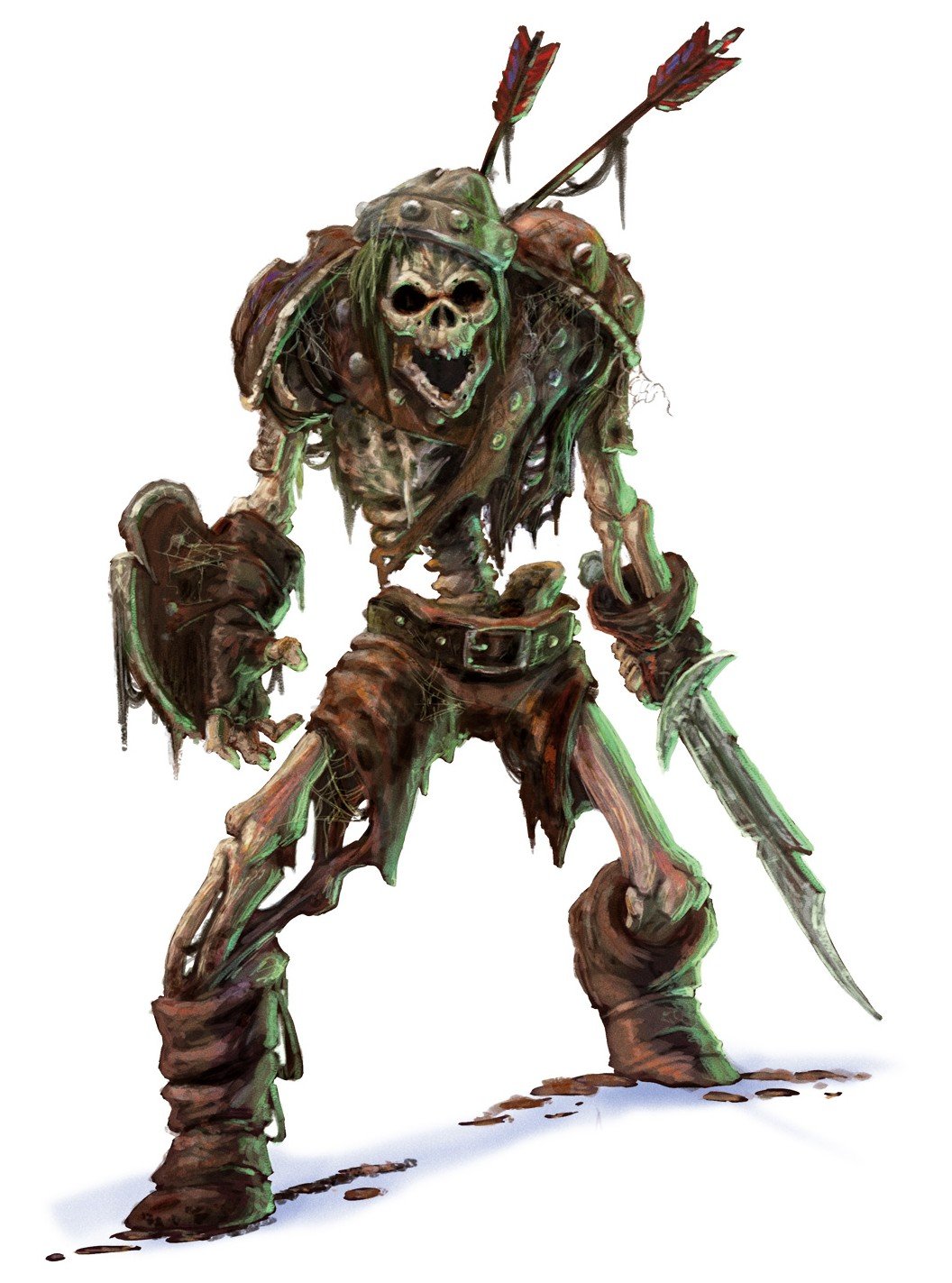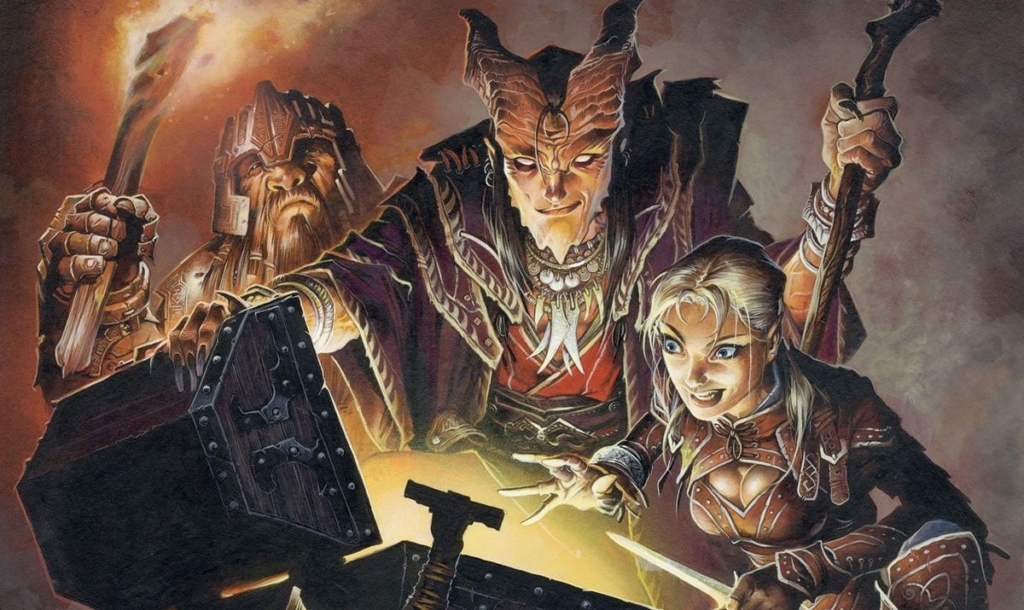RPG: Problem Players/GMs And How To Deal
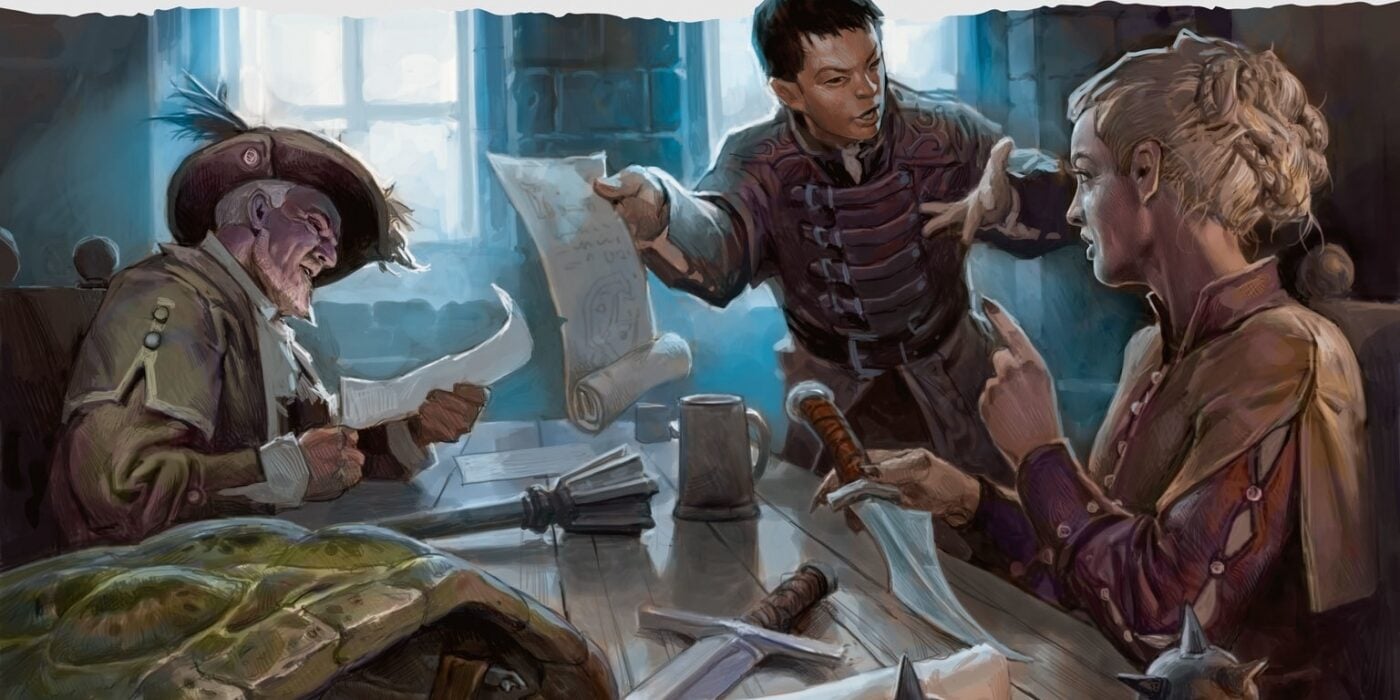
Gaming is easy, feelings are hard. Especially when someone in your group is making it harder.
Gaming is, by its very nature, a social activity. And that means dealing with all kinds of other people. For the most part, this is a super positive aspect of the hobby. You meet people, make friends, and go have adventures together, what’s not to love?
Okay, movies featuring Jeremy Irons as an evil wizard notwithstanding…
But every now and then, something comes up–whether it’s a person not quite fitting in with the group, or acting in ways that are causing problems for other people, or just trying their best to find their own fun in the game–but making it hard for other people to do the same. So I wanna take a minute and talk about how to handle it when things get a little difficult around the table.
Now I’m not talking about those horror story moments that are the extreme examples of “problem players/gms” but rather those moments when stuff starts to get difficult. Things like a player acting disruptive around the table, or the GM just shutting down everything you’re trying to do. The moments when the game is still fun, and you still want to play together, but are just having trouble doing that.
Communication is Key
I’ve mentioned this before, when we talked about what to do when it looks like your players are losing interest in your game. But, I cannot stress enough how important it is to leave space for communicating with each other around the table. Or outside of it. Especially if there’s been a moment you consider problematic–it’s important to address things before they get to be actual problems.
I’ll give you a real life example from my Vampire: the Masquerade days. We had a player who kept going off at random and just attacking people, or trying to start fights between members of court by ‘pranking’ them. When it came time to actually go on an adventure, he’d pull the old, “it’s not what my character would do,” routine and just sit back while the rest of the party went off to go do random dracula things (I think we were trying to rob a blood bank and frame the Mages). Anyway, what we were doing is not important–what is though, is when the GM took some time to check in with him and see what was going on.
Basically this, but with vampires.
It turns out that he was just trying to see what kind of stuff he could get away with in the game. He wanted to know just how much his actions “mattered” to the game world. And from there he and the GM figured out how to help him enjoy the sessions more. But it wouldn’t have happened without that communication.
So step one in dealing with a ‘problem player/gm’ is talking to them about it. Not in a super confrontational way, just ‘hey, what’s going on here’ style questions.
Expecting the Expected
A lot of times this all comes down to people in the group having different expectations of what they think the game is supposed to be. Not just in terms of style of play (hack ‘n slash vs. intrigue, for instance) or what their characters are like. But what they’re hoping to do in the game. A lot of times frustration builds when you don’t feel like you can do the thing you want in a game, whichever side of the table you’re on. It’s hard to do though if you never all agreed on what the game is supposed to be like in the first place. I’ve seen this called ‘setting the dials’ where you just talk about what kinds of things you’d like to see in the game. What’s the tone, what are the expectations placed on players.
You don’t have to even get that detailed–but I wanna say the vast majority of little problems come down to something in the realm of expectations. In that Vampire game, for instance, the problem player just wanted to feel like his actions mattered in the game world, so he got some minor position in dracula court, and got the occasional extra assignment which was enough.
Explain the Effects
Okay but what do you do when the problem isn’t just a matter of expectations? That’s when you take stock of how much of an impact this is having on your game. Is it something like the GM railroading everyone because they’ve got an idea of what’s “supposed” to happen? Or a player disrupting every session by jumping in and trying to roll every check, or dominate the session?
Take some time and explain to the person in question how their actions are impacting the group. You don’t have to be super confrontational–find a quiet moment outside of the game to talk. It doesn’t have to be in front of everyone, but do make it clear how their actions are affecting the group. Gaming is a social activity, after all, and most people will want to help try and make it easier to have fun.
Often just taking a moment to clarify things can get the people in question talking and figuring out their own solution.
Sometimes Enough is Enough
Sometimes though, you’ve gotta walk away. Obviously, if the problem in question is something big, like, Player A keeps hitting on Player B or won’t stop making jokes that make everyone uncomfortable, you should probably just cut your losses. In the story I linked back at the beginning of this article, a player realizes that the GM is acting out to try and kill off his character and says, “nope, I’m done playing” and it quickly escalates, to put it mildly.
Asking someone not to come back to your game can be hard–these are your friends, after all. I mean unless it’s rando league play, in which case, there are appropriate channels to go through, but, in general these are people you like being around and want to keep doing stuff with. It can be hard to say “hey you’re out,” when you otherwise want to still hang out with that person. But if it’s the right call for your game, make it. If you want to keep the friendship intact (even if the person just isn’t working in the game), there’s always next time. Or you can set up some social activity that isn’t the campaign that everyone’s all in on.
Anyway, hopefully you never have to deal with this kind of thing–but if you have at least a little bit of a plan in place when it comes to dealing with problem players/gms, you might be able to figure out what will work best for you.
Got a gaming horror story you want to share? Let us know in the comments. Got a way to deal with problematic issues around the table? Let us know too!


